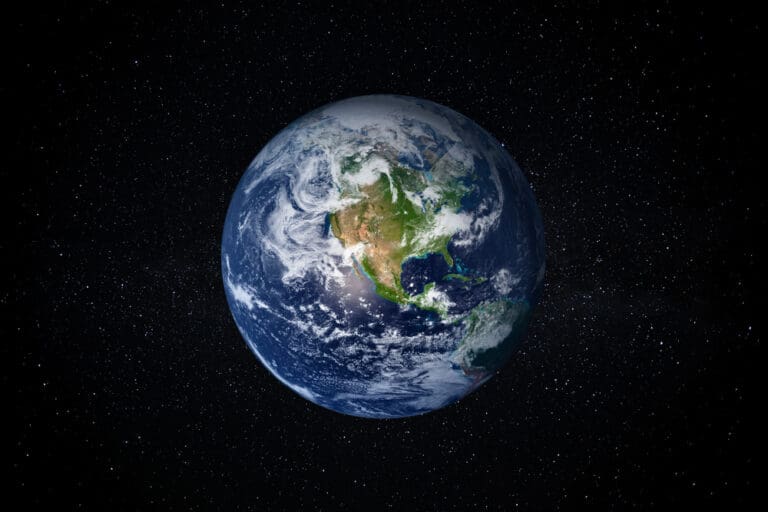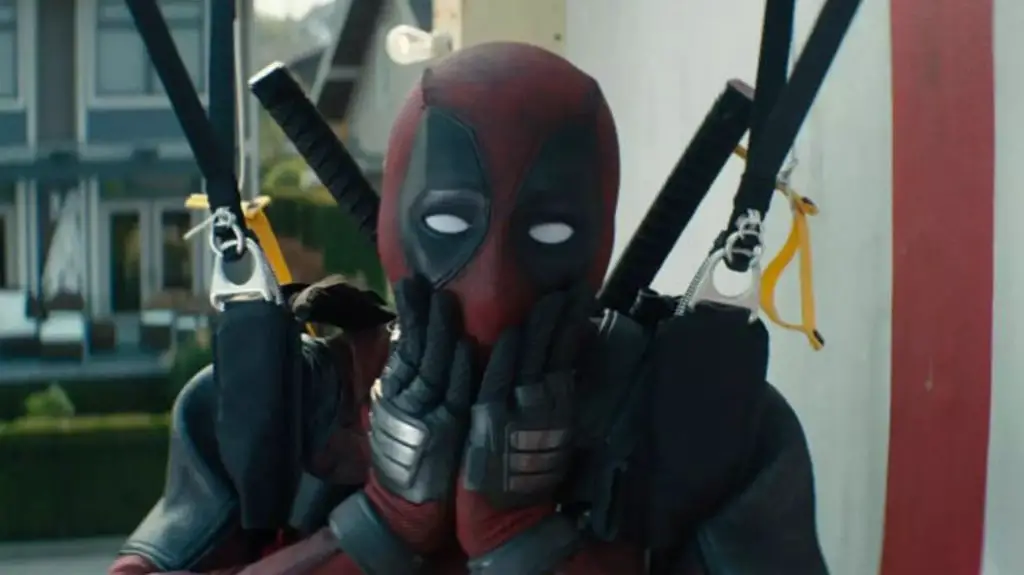In a twist that might make you cling to your precious seconds, Earth is on the brink of losing a second for the first time in history. Before you panic and start hoarding time in a bunker, let’s dive into what this means and why even Father Time is considering taking a short break.
The culprits behind this temporal heist? Our very own planet’s rotation and its liquid core, which, much like my attempts at cooking, is unpredictable and occasionally a bit too fast. Scientists have observed that Earth is spinning slightly quicker than usual, prompting discussions about the need for a “negative leap second.” This isn’t like daylight savings, where we lose an hour of sleep and gain an extra grumble; this is about adjusting our clocks by one second to stay in sync with Earth’s changing pace.
Now, imagine the clock striking 11:58 and then – poof – it’s suddenly midnight, with 11:59:59 getting ghosted. That’s the proposed scenario for 2029, a leap second that leaps into the abyss, never to be seen again. It’s like Earth is trying to fast-forward through a boring movie scene, except it’s our reality.
The notion of losing a second might sound like a plot from a sci-fi movie where time starts to unravel, but fear not. The Earth’s increased speed is not a sign of impending doom but an interesting quirk of our planet’s dynamics. According to Duncan Agnew, a geophysicist, this adjustment is a “big deal” but not a catastrophic one. It’s an indicator of the unique times we live in, where even time itself is subject to change.
The mechanics behind this phenomenon involve the Earth’s liquid core and the melting of polar ice, which affects the planet’s mass distribution and, consequently, its rotation. Glaciologist Massimo Frezzotti notes that these changes alter Earth’s shape, further influencing its rotational speed. So, in a way, our planet is like a massive, spinning ice skater who’s just tossed off a heavy coat, picking up speed in the process.
Experts like Dennis McCarthy and Judah Levine point out that the Earth’s rotation has been influenced by tidal forces and the moon’s pull, adding a delightful cosmic dance to the mix. Over time, as Earth’s rotation has varied, the need for time adjustments has arisen, leading us to this unprecedented moment where we might actually “lose” a second.
So, as we tick closer to this potential temporal tweak, it’s an opportunity to marvel at the intricate interplay of celestial mechanics, Earth’s own idiosyncrasies, and our human endeavor to keep time in tune with the cosmos. And hey, if you’re ever late, you now have the perfect excuse: “Sorry, I was just adjusting for the negative leap second.”





